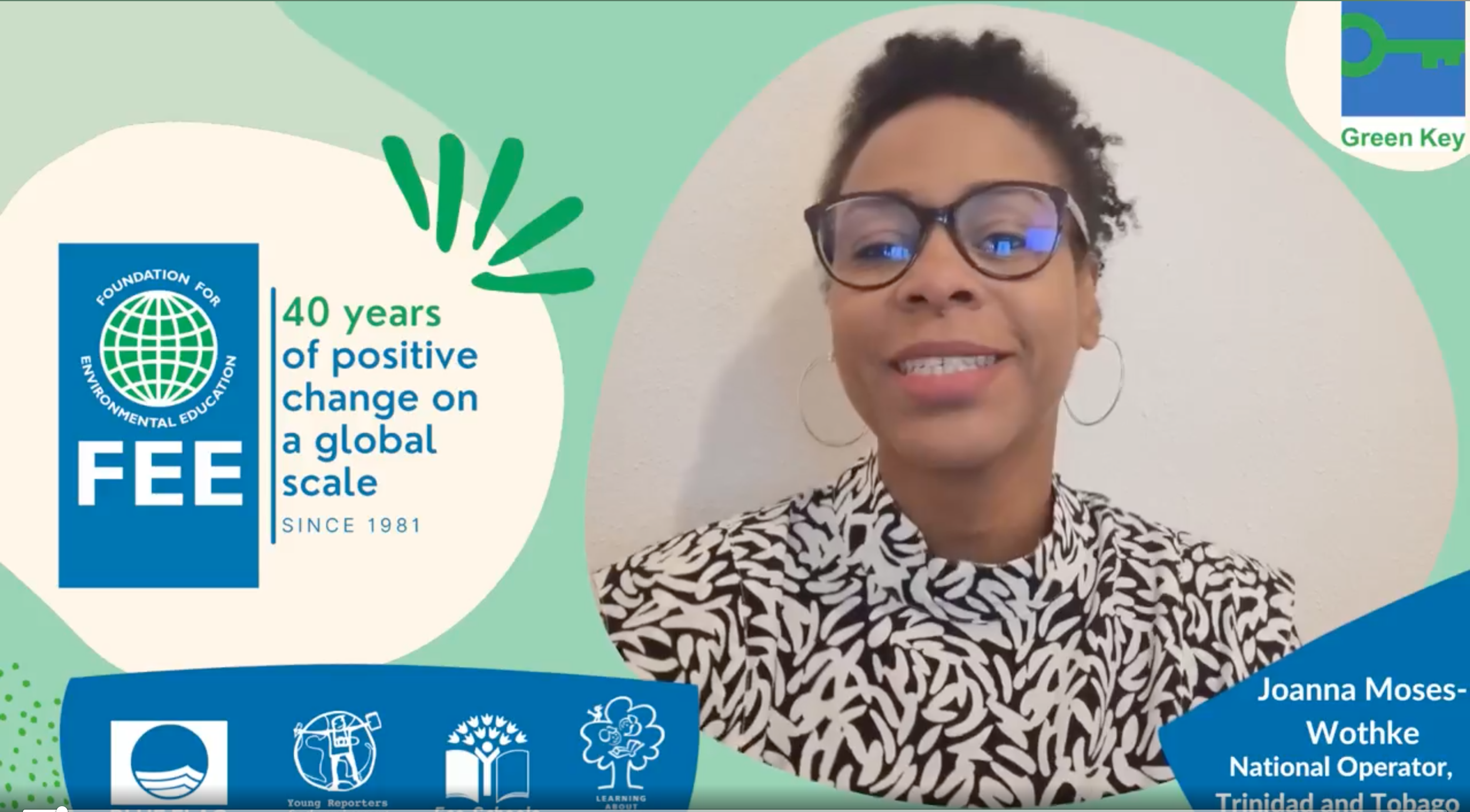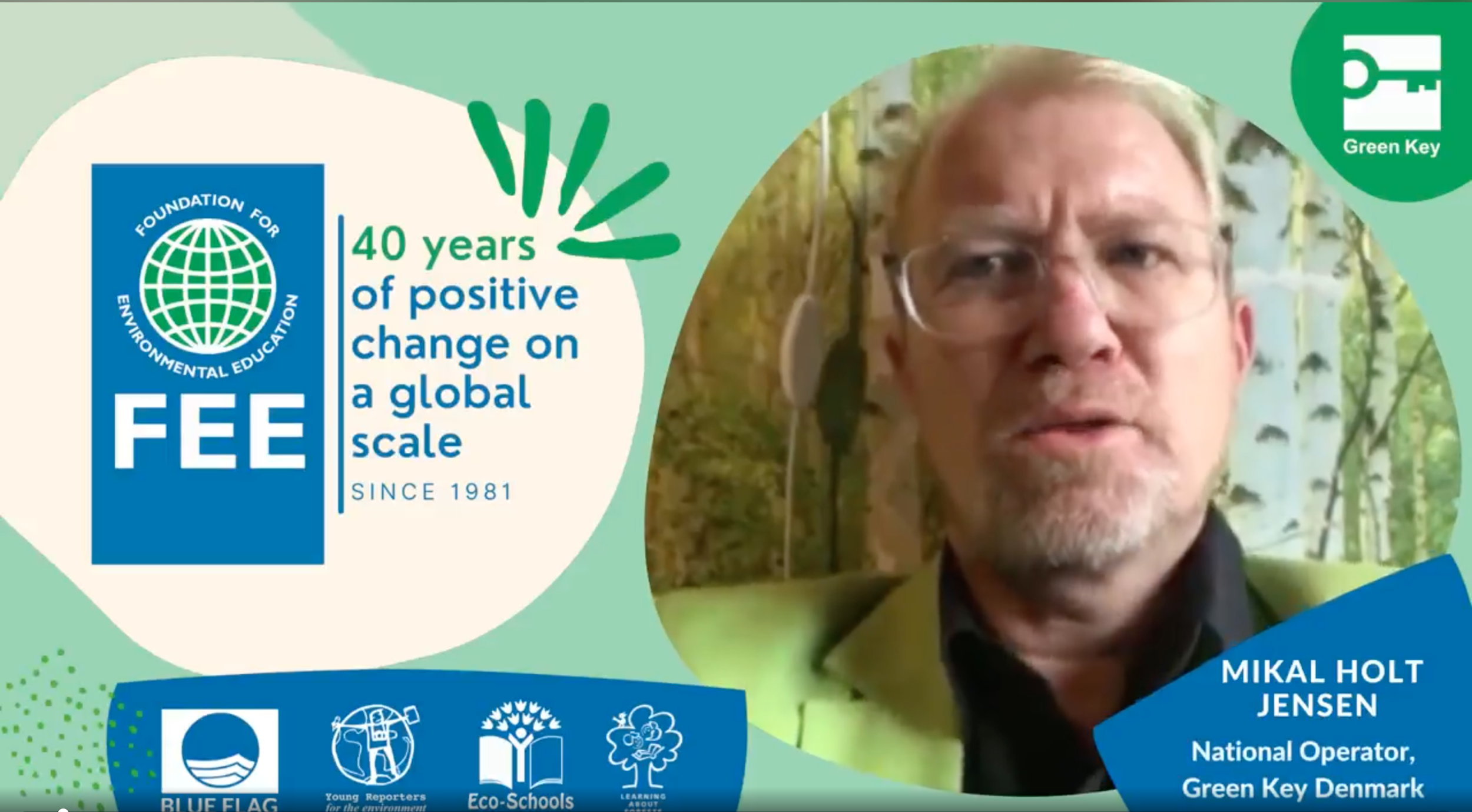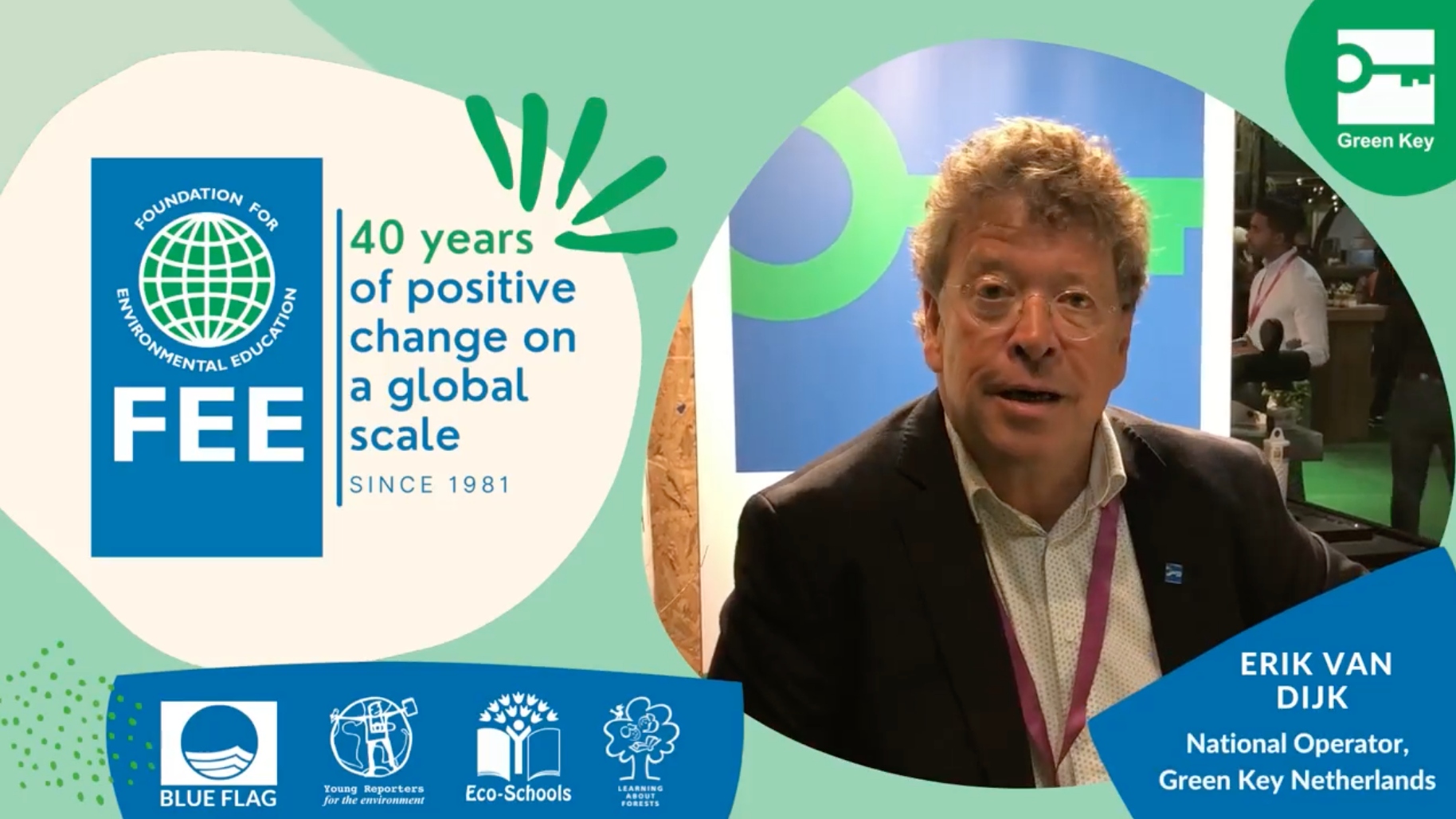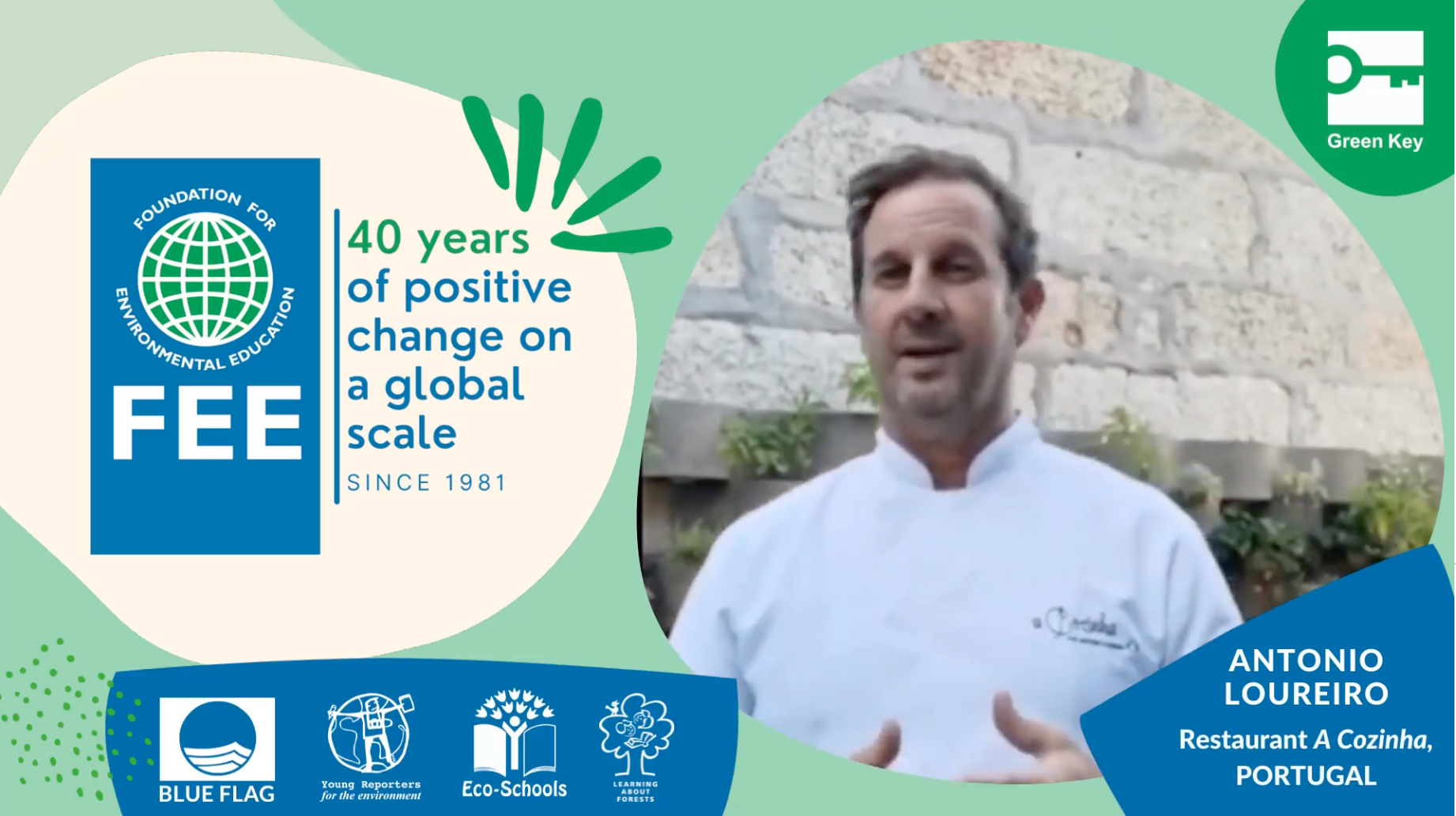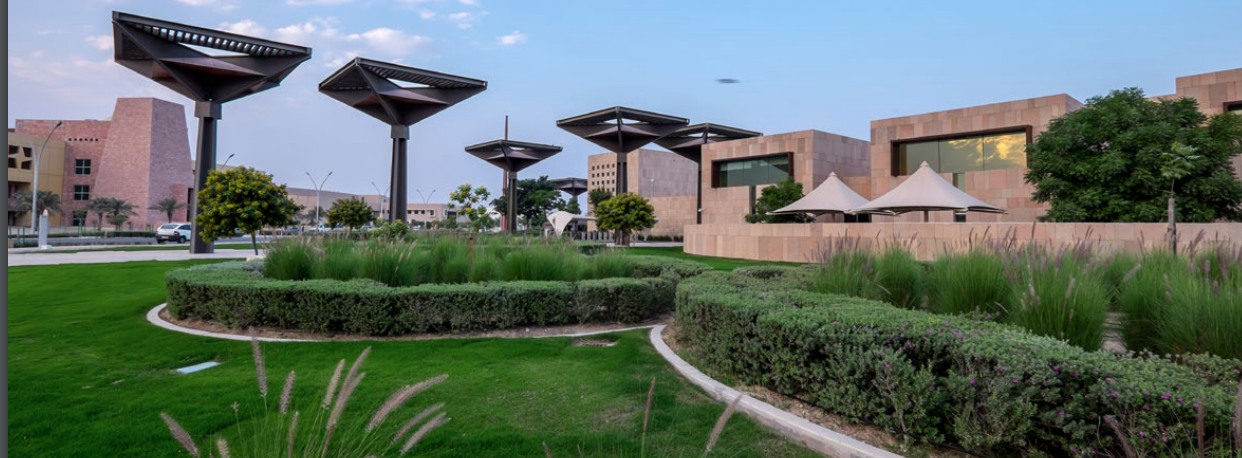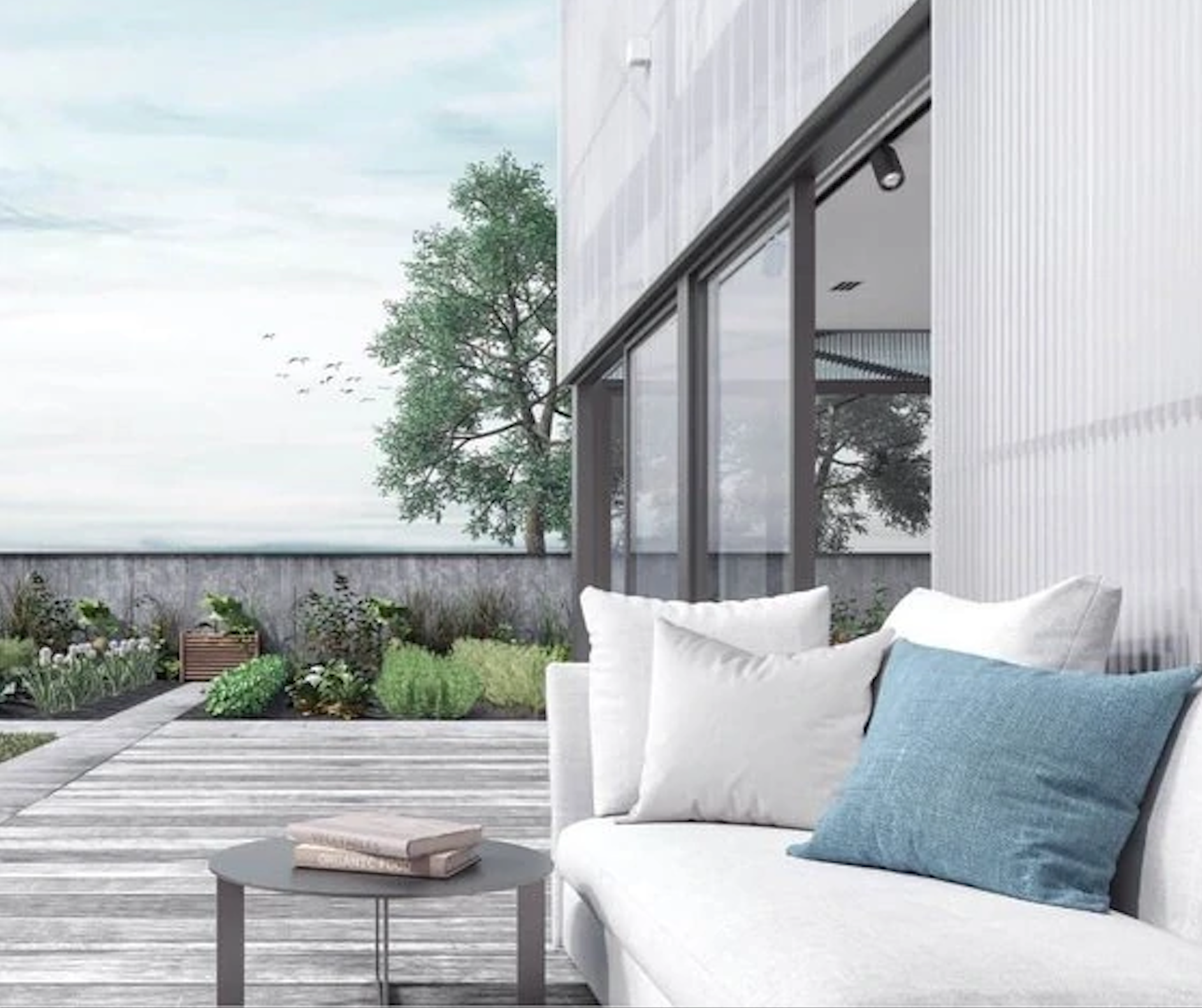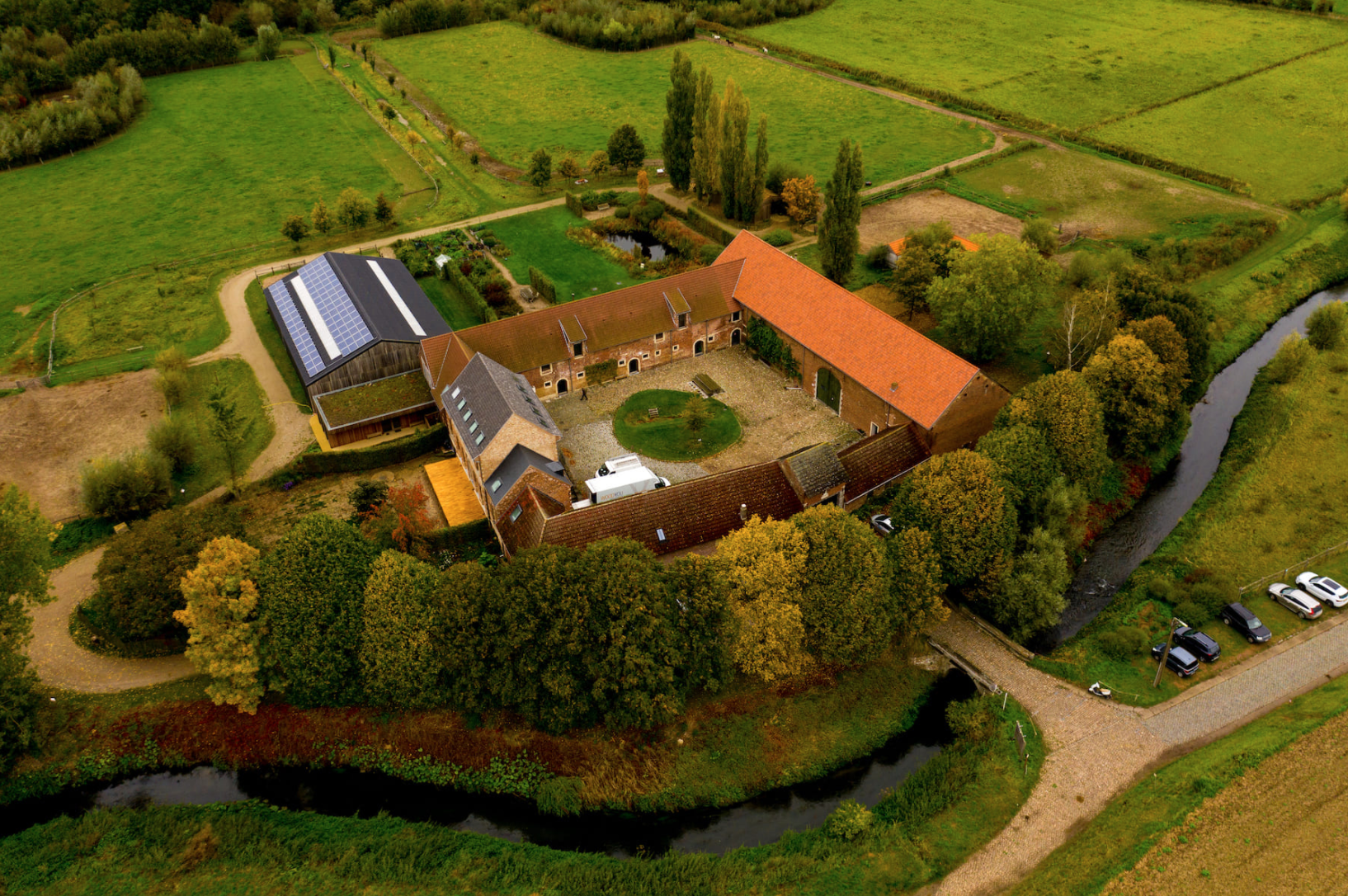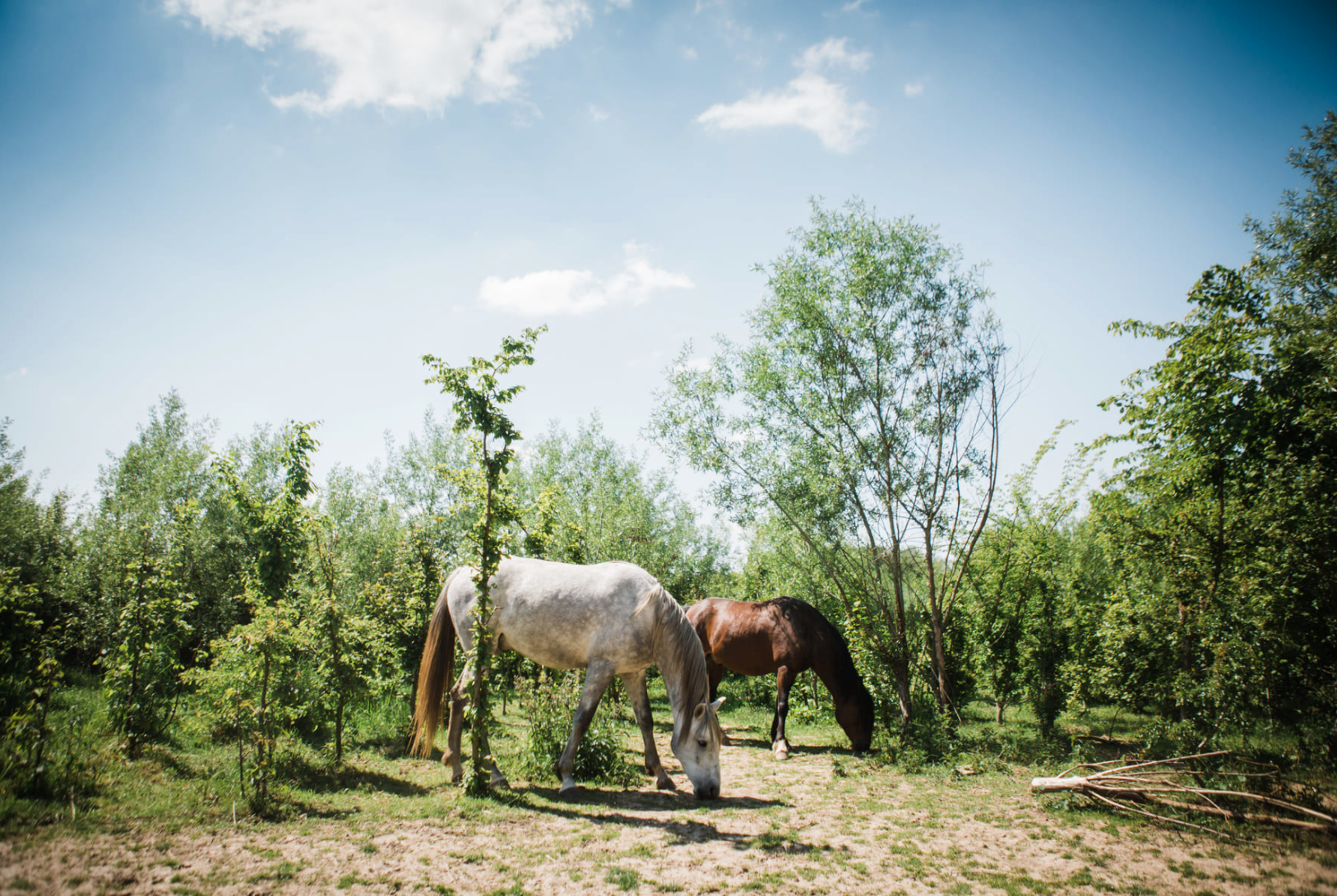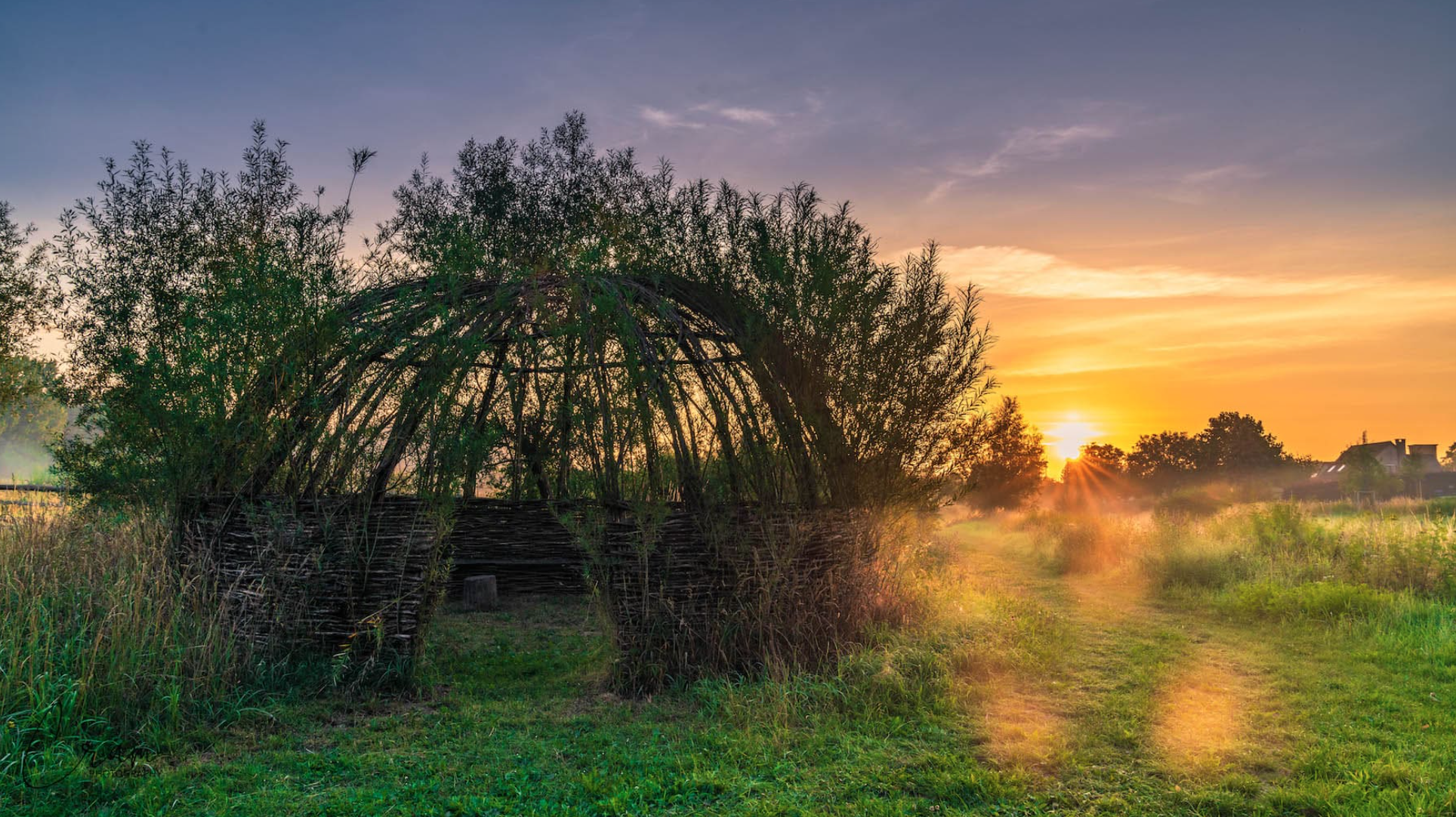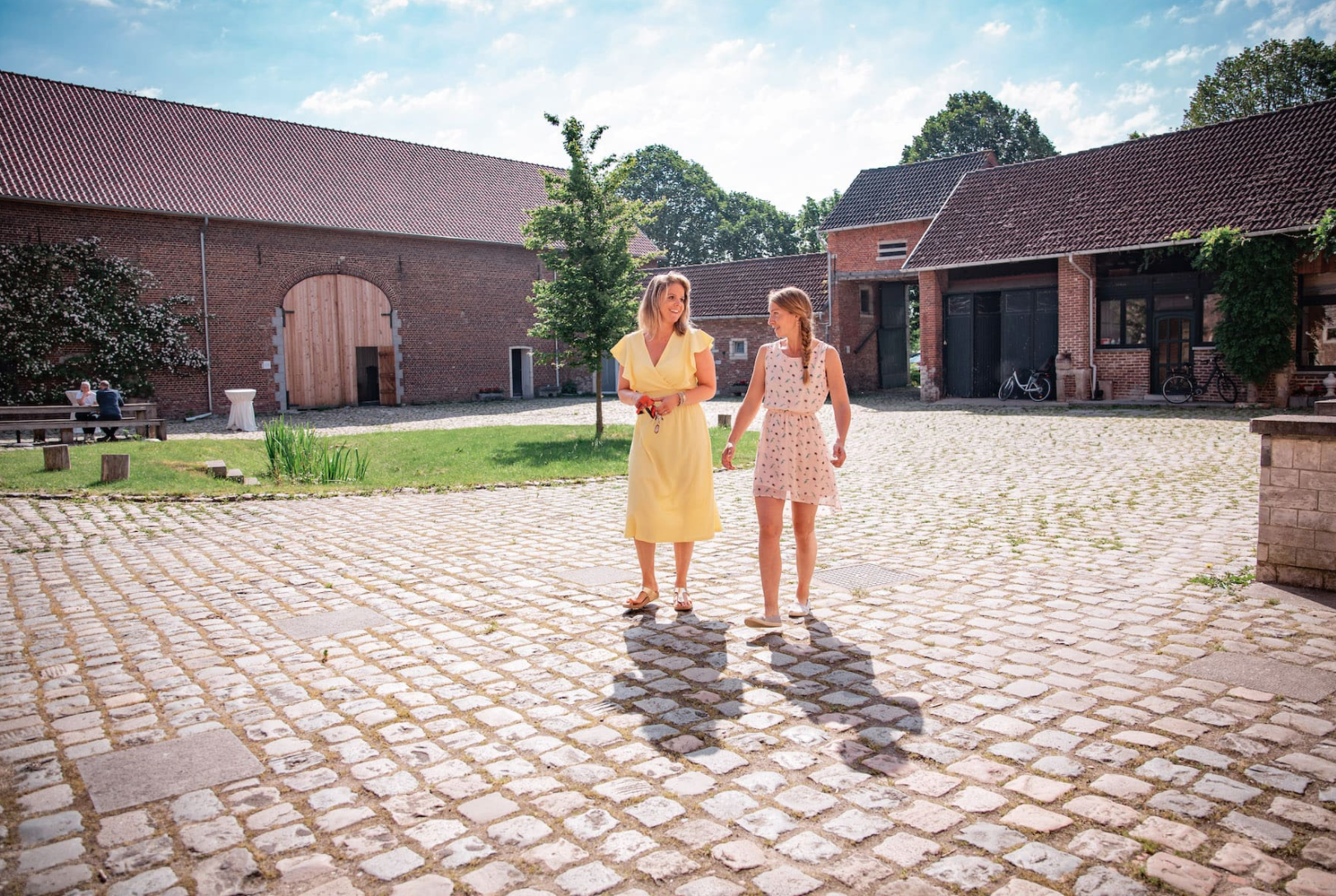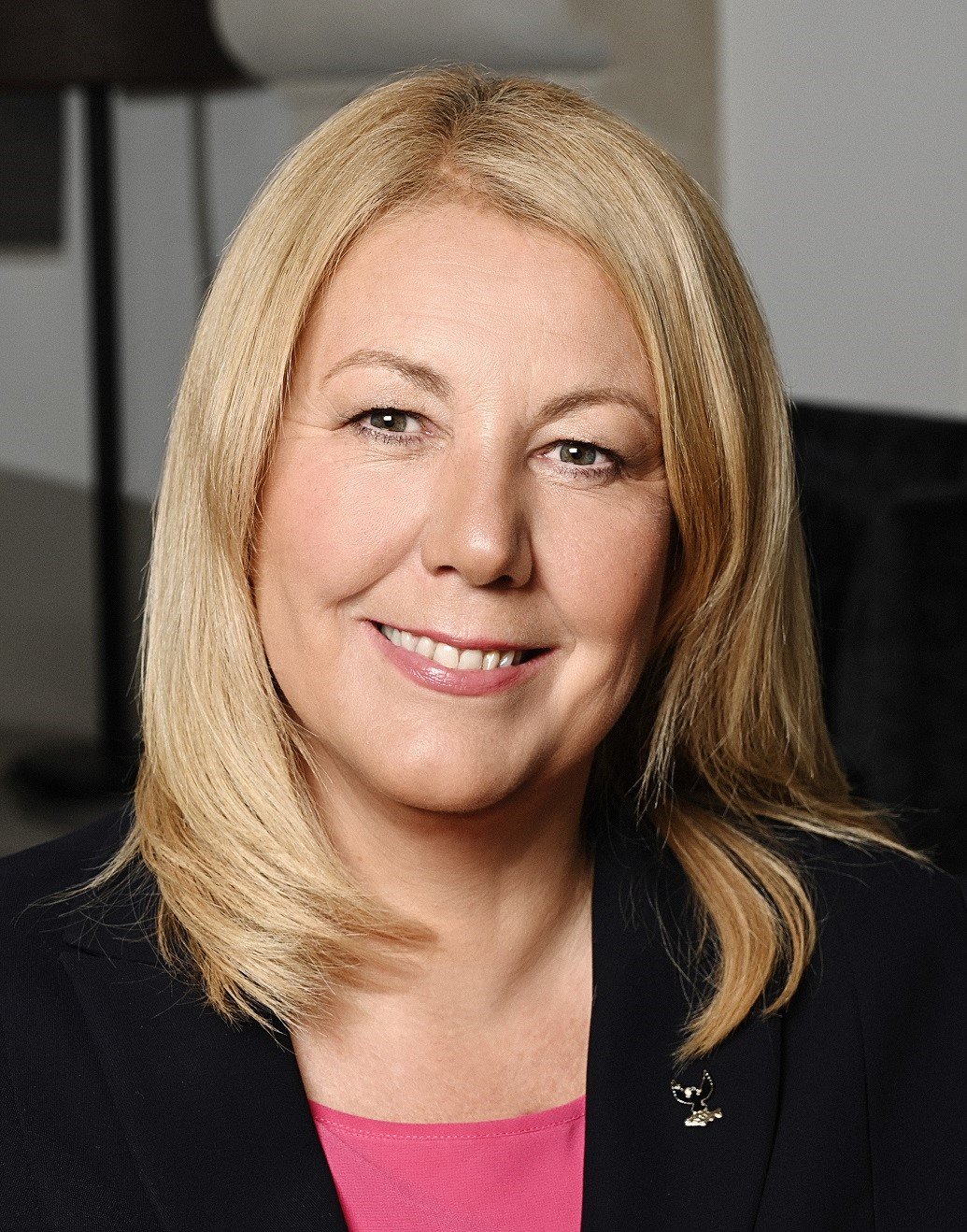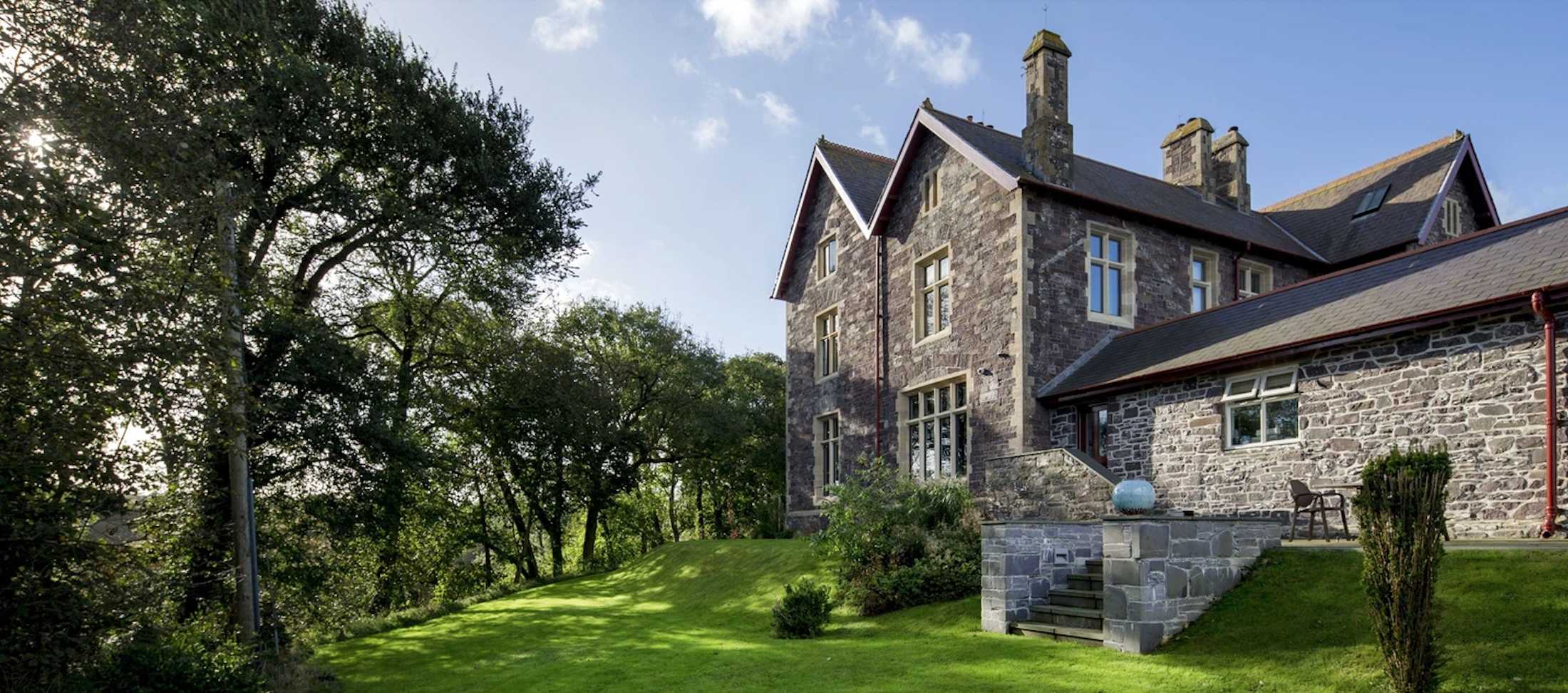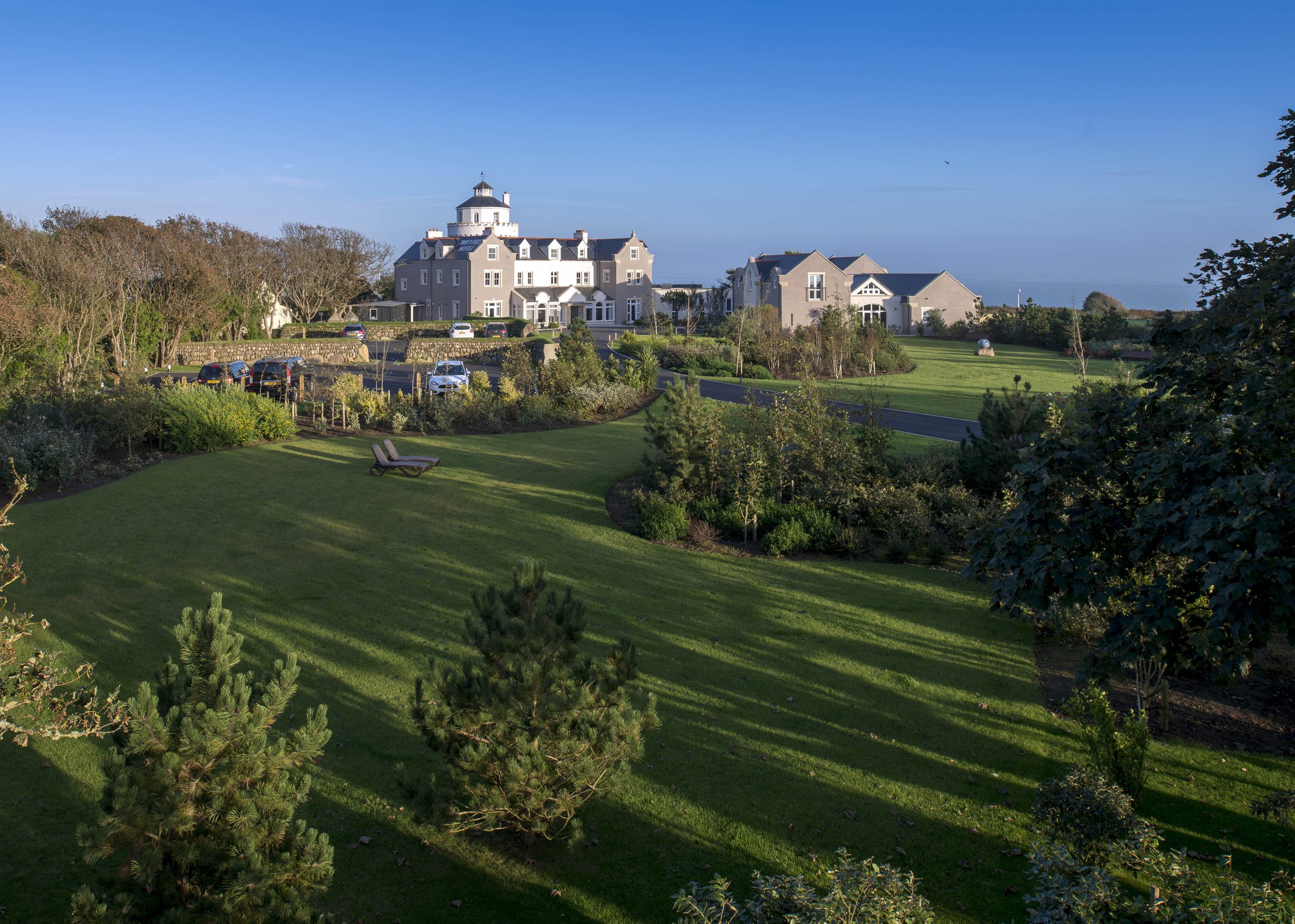Over the last 18 months, everything has changed, and that includes people's attitudes towards sustainability - both in their everyday lives and when it comes to how they travel. In this context, Skyscanner in cooperation with YouGov conducted research to better understand how the pandemic has impacted people's attitudes and behaviour around more responsible air travel.
Since the start of the pandemic, people are thinking differently about sustainability. Alongside YouGov, Skyscanner surveyed over 6,000 people to discover what’s motivating travellers globally and how lifestyle choices have impacted the way they want to travel.
The key takeaways as stated in Skyscanner’s original report are:
Awareness around sustainability is huge and it's seen as a key issue. Due to the pandemic, people are trying to be more sustainable in their lives, avoid products with excessive packaging and buy more local produce.
People are willing to accept a level of personal accountability towards making more sustainable travel choices but believe the responsibility lies chiefly with governments and the travel industry.
In general, people feel there's very little information regarding sustainability. And what is available is very confusing.
Many don't believe carbon offsetting helps to reduce the effect of global travel. Instead, they believe more fuel-efficient aircrafts and sustainable aviation fuel could be the answer. Overall, they feel there's too little or confusing information on the benefits of carbon offsetting when deciding which flights to book.
Across all countries surveyed, cost remains a key factor and remains the deciding factor when it comes to booking plane tickets.
The ongoing pandemic has held an intense impact on societies' lives and lifestyle decisions. In the survey, it was identified that 'caring for the environment’ plus 'increasing sustainability to tackle climate change' are now of similar importance than ‘improving access to healthcare’.
Though, it was also stated in the report that few individuals may argue that it is of higher importance to improve tourism figures before focusing on other areas. In the article in Travel Weekly, YouGov’s head of travel and tourism, Eva Satkute Stewart disagrees as she argues that sustainability and recovery are not mutually exclusive. Customers are prepared to spend higher amounts for sustainable travel as individuals desire to take part in advocating to preserve the environment.
Due to the ongoing threat of the Covid-19 pandemic, travellers needed to make adaptions. It can be suggested that the additional time with limited possibilities to travel has allowed tourists to become more conscious of the negative impact on the environment that they may have whilst travelling. Being aware of what consumers are looking for allows organisations to make responsible decisions that will aid both the tourists and the organisation to achieve improved sustainable travel results.
The research from YouGov reports that customers around the world desire to be more sustainable in their daily lives as well as strengthen that passion through travel. It was stated that there are a few important limitations to adopting sustainable travel, such as cost, access to information and convenience.
Source: YouGov and Skyscanner’s Sustainability in Air Travel report 2021



